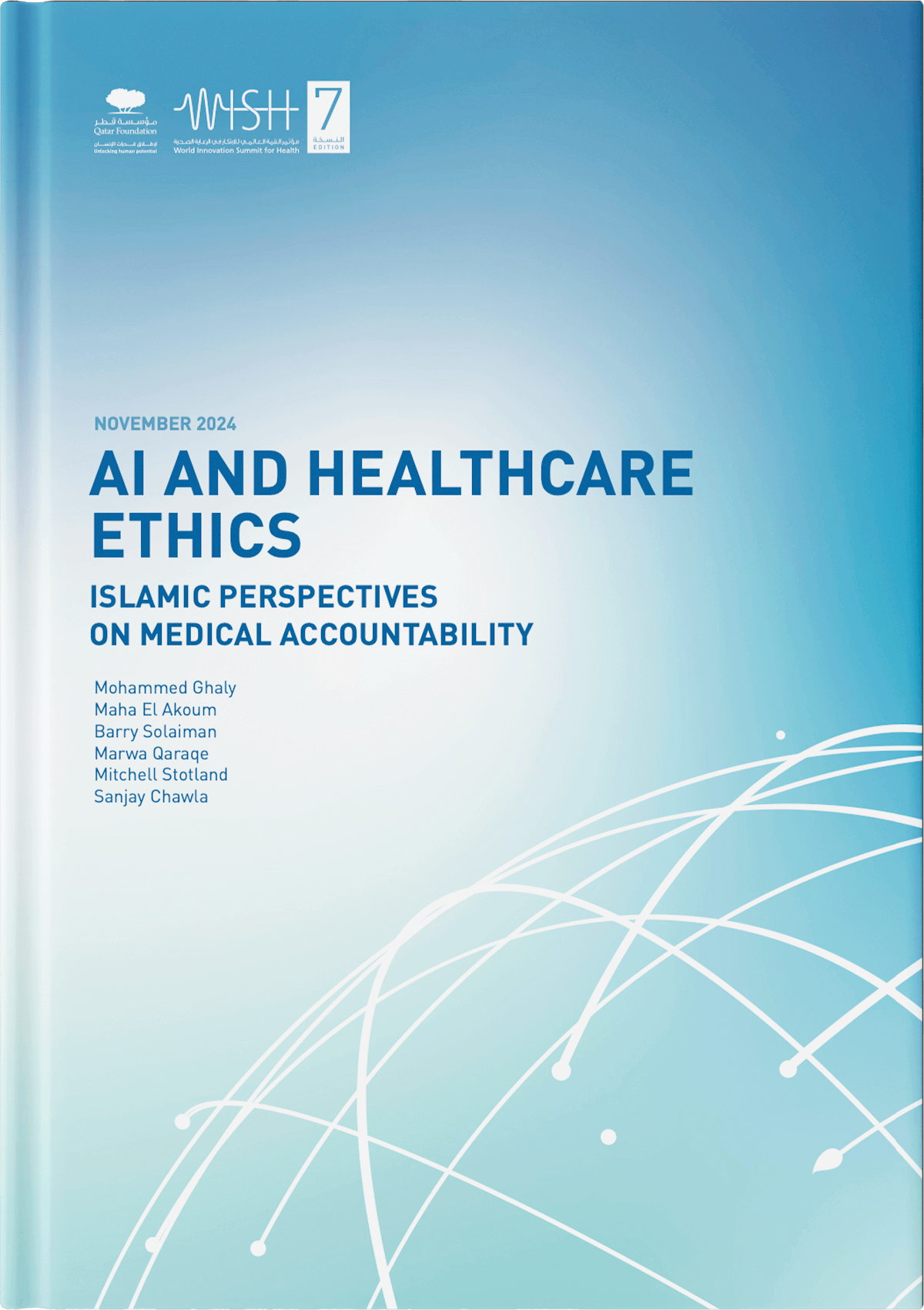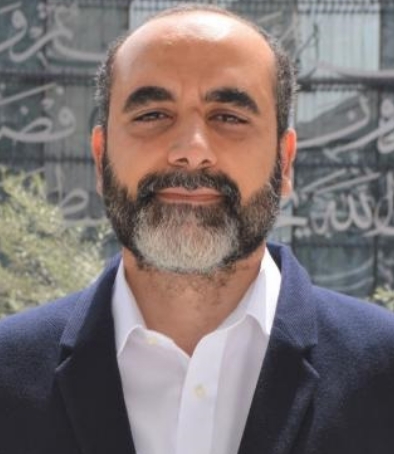AI and Healthcare Ethics: Islamic Perspectives on Medical Accountability


Mohammed Ghaly is professor of Islam and Biomedical Ethics, and Head of the Research Center for Islamic Legislation & Ethics (CILE), College of Islamic Studies, Hamad Bin Khalifa University, Qatar. He has a B.A. in Islamic Studies from Al-Azhar University (Egypt) and an M.A. and PhD in the same specialization from Leiden University (the Netherlands). Between 2007 and 2013, Ghaly was a faculty member at Leiden University. Ghaly is the founding editor-in-chief of the Scopus-indexed Journal of Islamic Ethics (published by Brill). In September 2019, he assumed the role of founding Program Coordinator of the newly established M.A. in Applied Islamic Ethics at Hamad Bin Khalifa University. He also served as the Conference Chair of the 17th World Congress of Bioethics (WCB), the first WCB edition to be held in the Arab world and the entire Middle East. Islamic Ethics and its intersection with biomedical sciences and artificial intelligence (AI) represent Ghaly’s main research interests. He is the author of Islam and Disability: Perspectives in Theology and Jurisprudence (Routledge, 2010), and Islamic Ethics and Incidental Findings: Genomic Morality Beyond the Secular Paradigm (Springer-Nature, 2024). He is the editor of the volumes Islamic Perspectives on the Principles of Biomedical Ethics (Imperial College & World Scientific, 2016), Islamic Ethics and the Genome Question (Brill, 2019), and End-of-Life Care, Dying and Death in the Islamic Moral Tradition (Brill, 2022). Ghaly is also the editor of various thematic issues, the single author of more than forty peer-reviewed publications, and an editorial board member of several academic journals. Additionally, Ghaly is also the Lead Principal Investigator (LPI) and research consultant on a number of funded research projects, the most recent of which is on “Transforming Islamic Studies in the Age of Generative Artificial Intelligence (AI)”. His publications can be accessed via https://cilecenter.academia.edu/MohammedGhaly